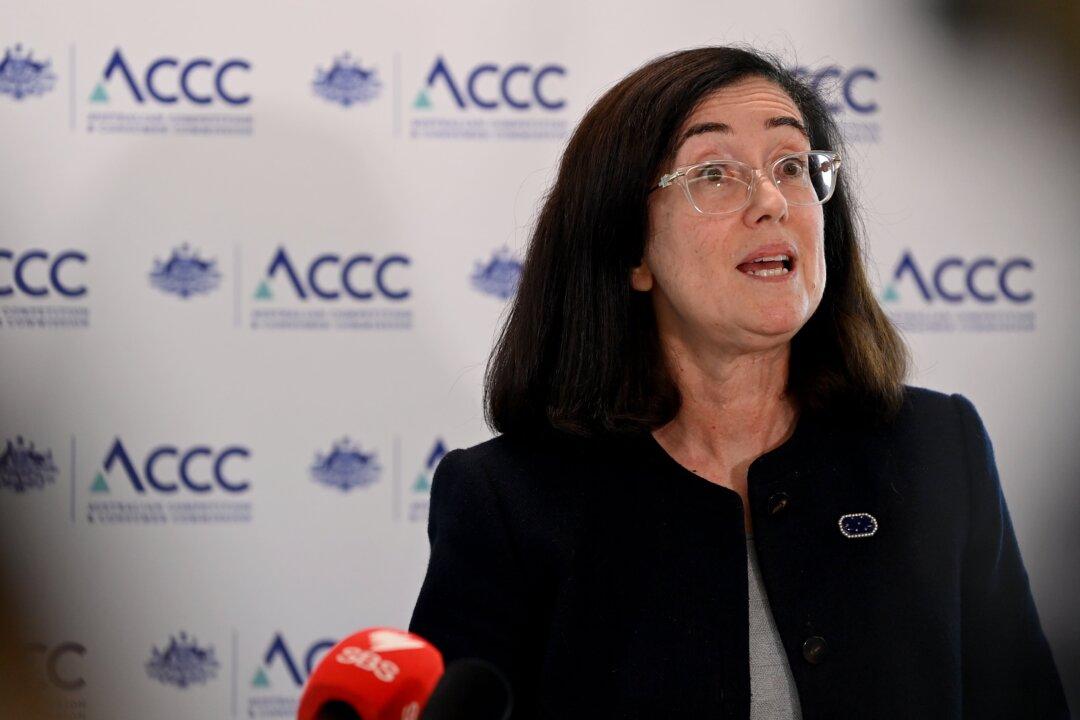Two leading waste firm bosses have been handed prison sentences after admitting to engineering a price-fixing scheme to force up costs for their customers.
One of the companies, Bingo Industries, was on Feb. 23 handed the second-biggest fine for cartel conduct in the Australian competition watchdog’s history with a total penalty of $30 million (US$19.7 million).





